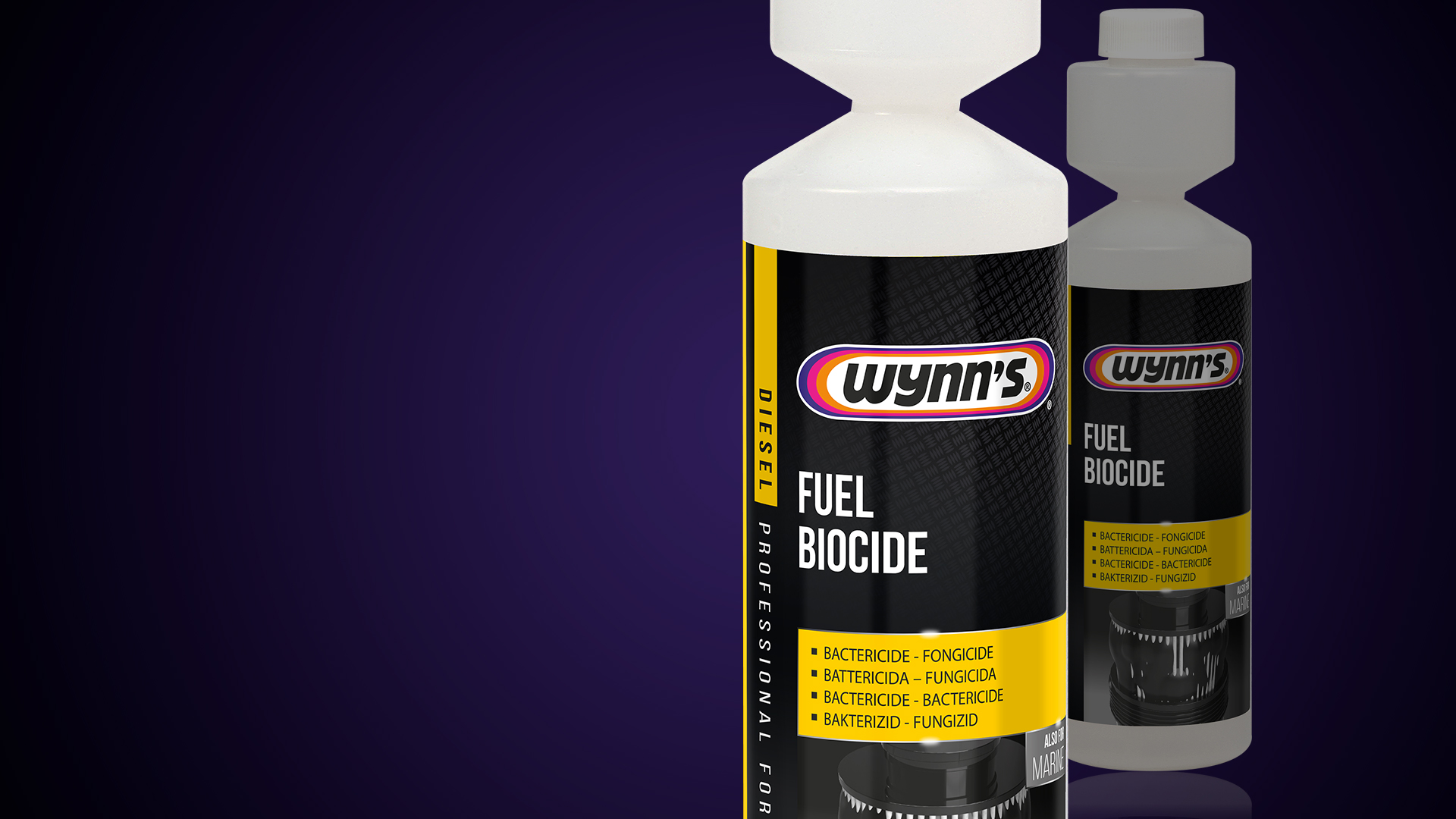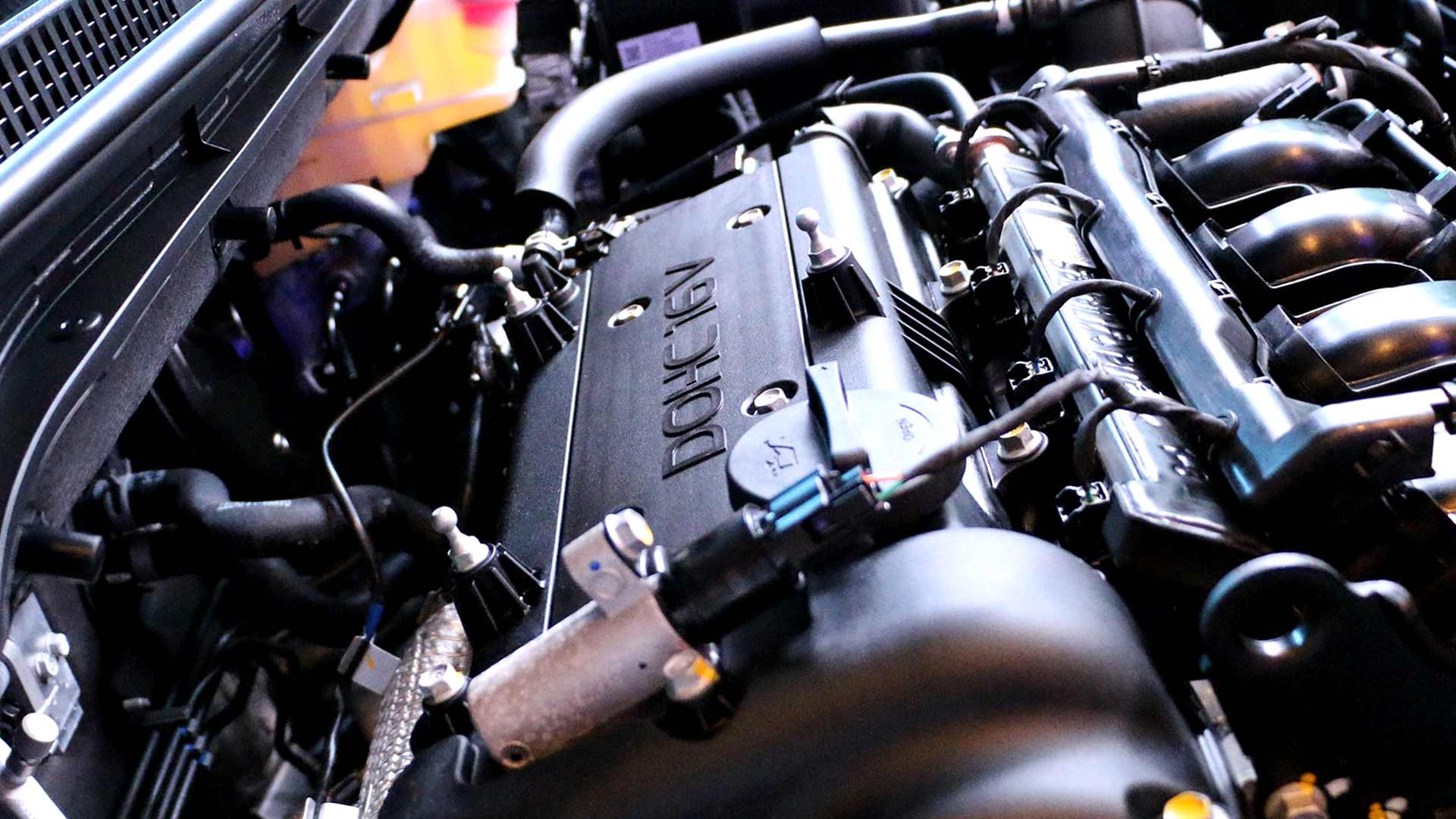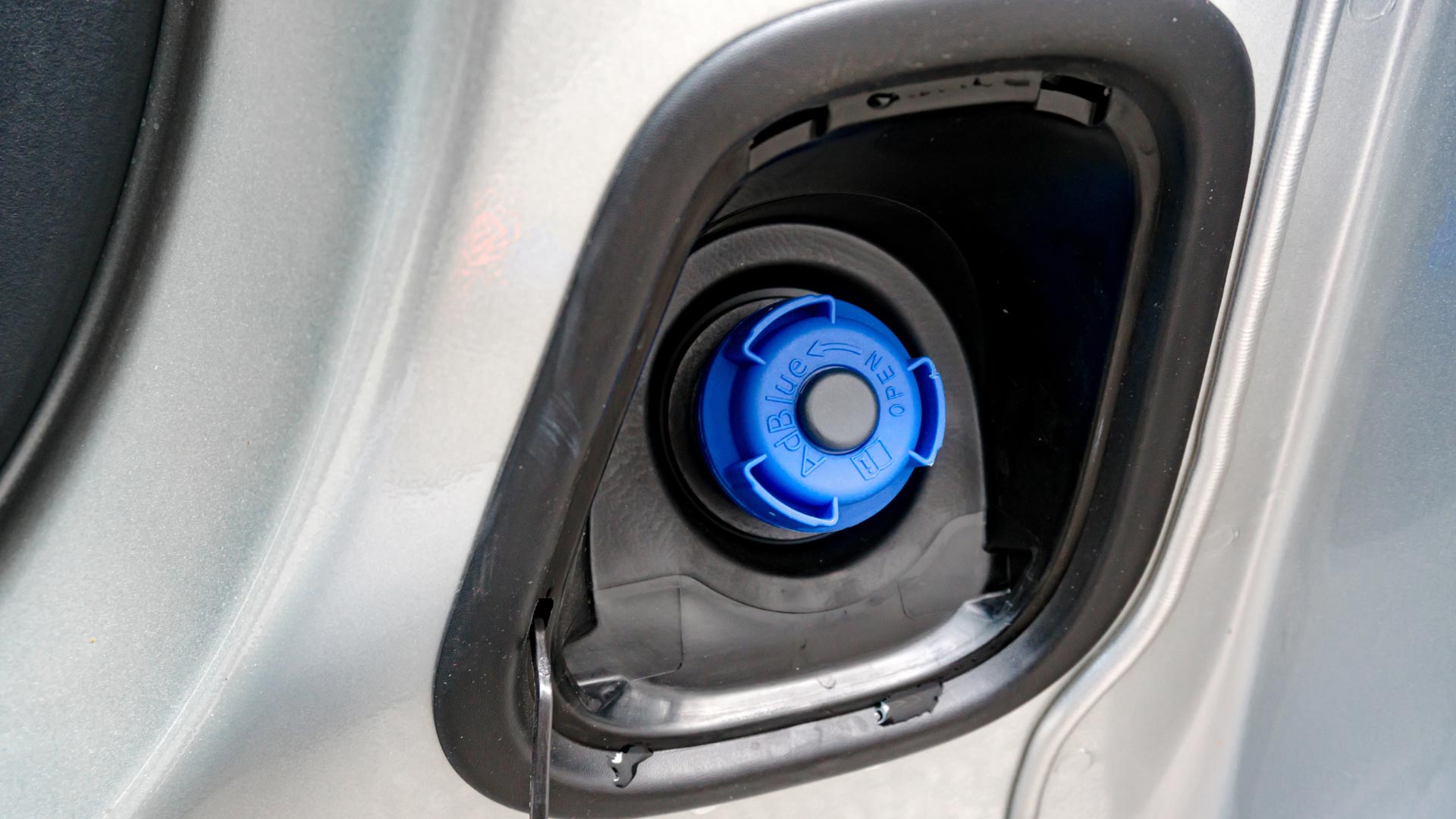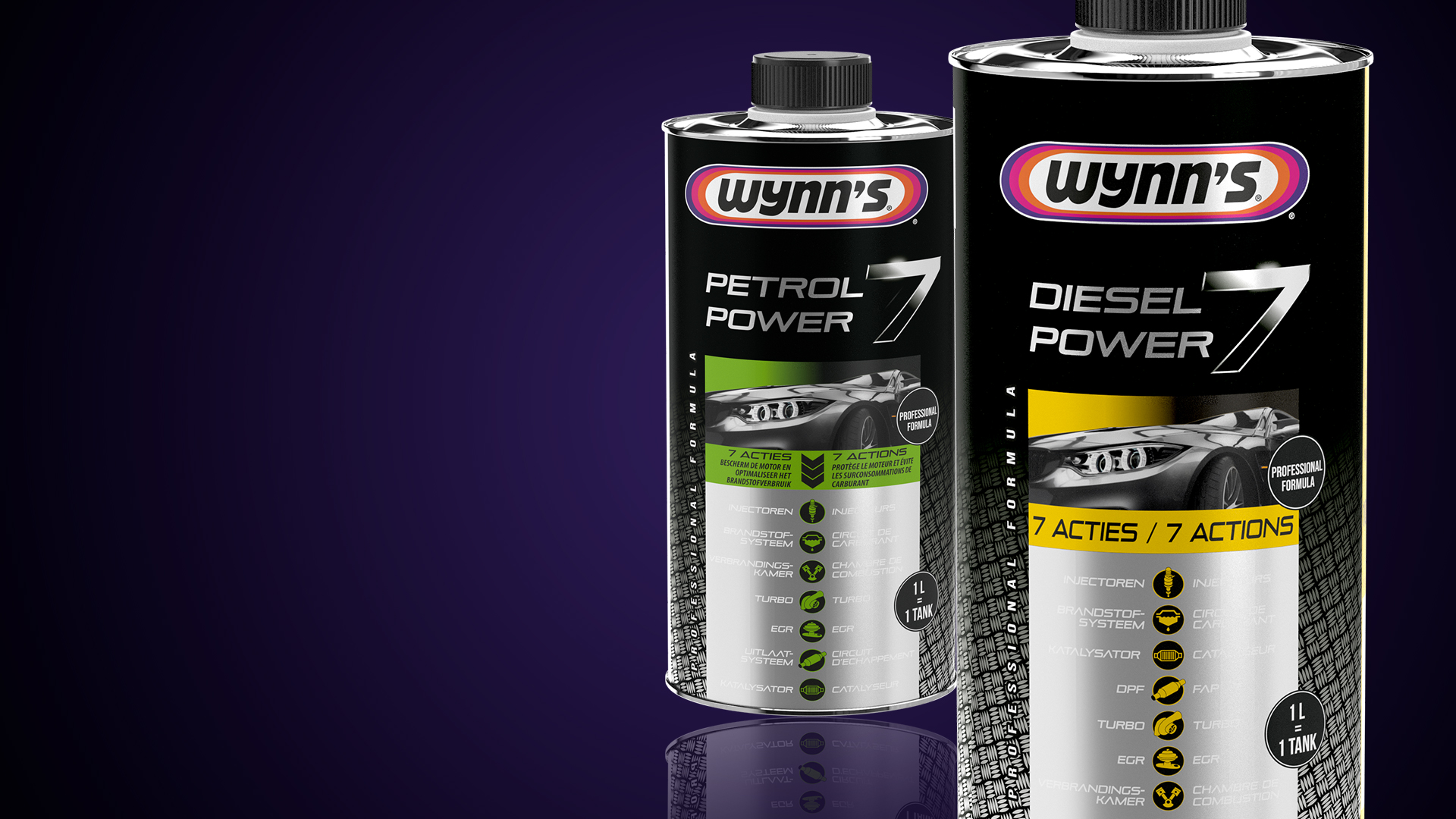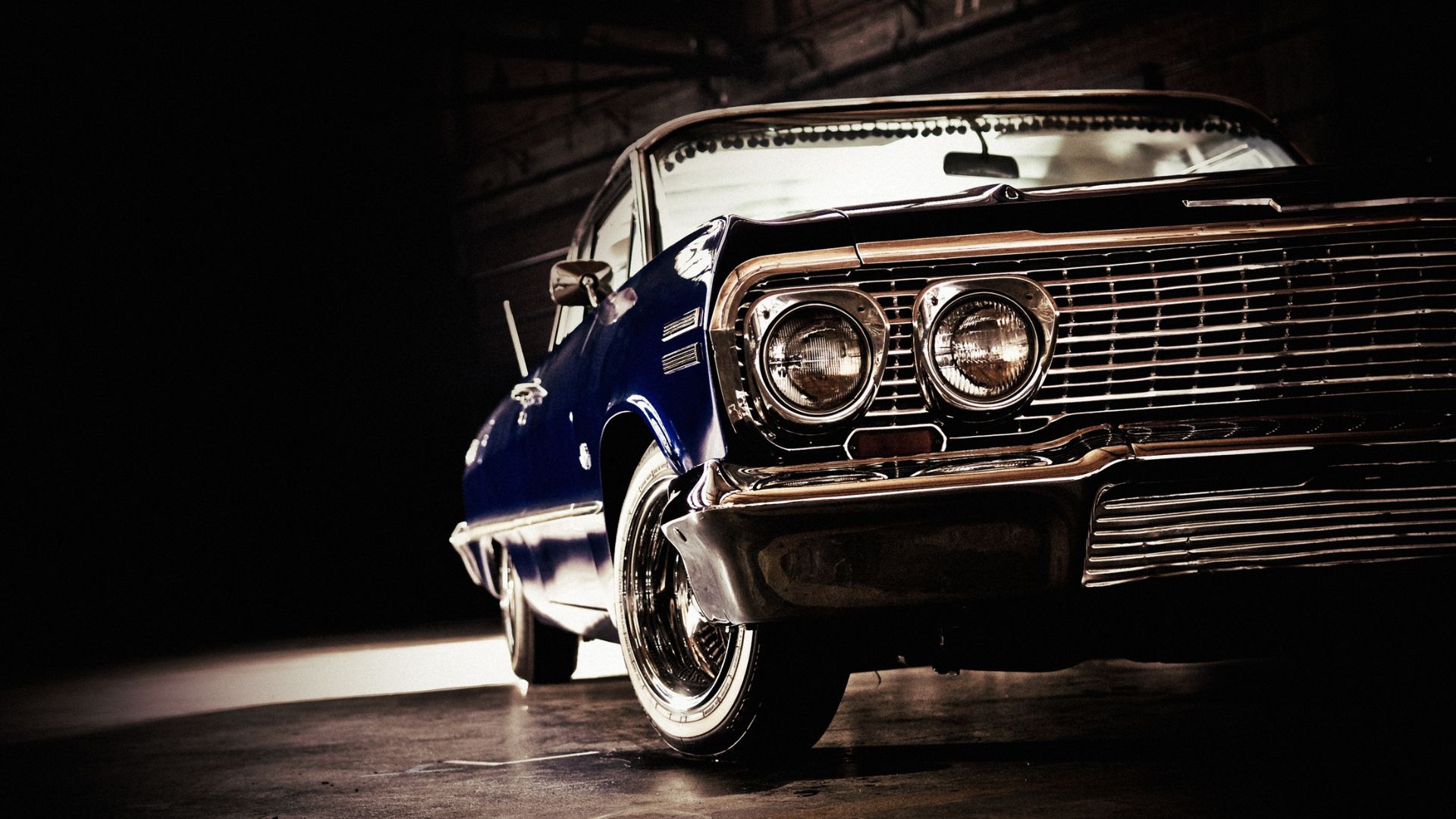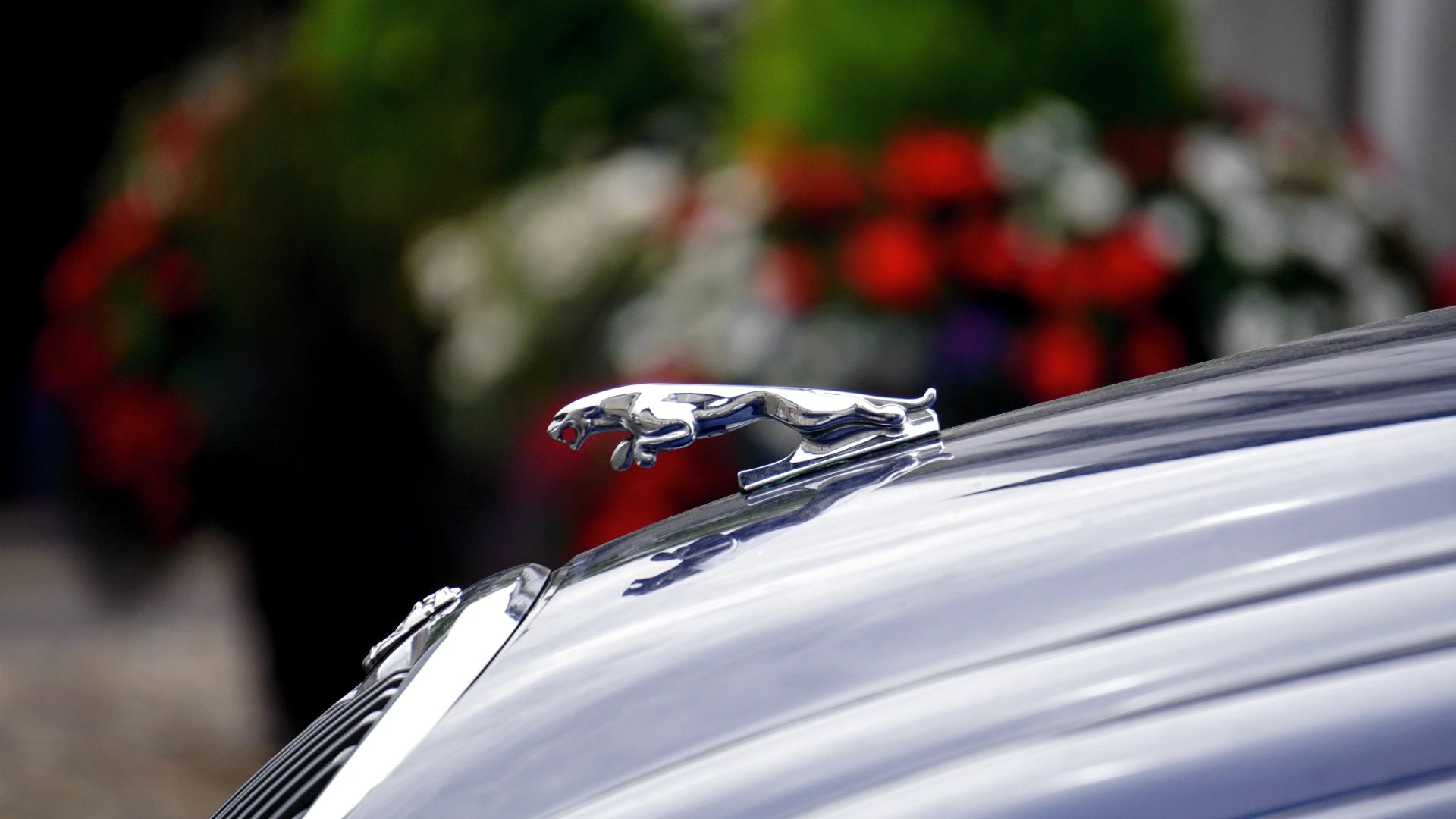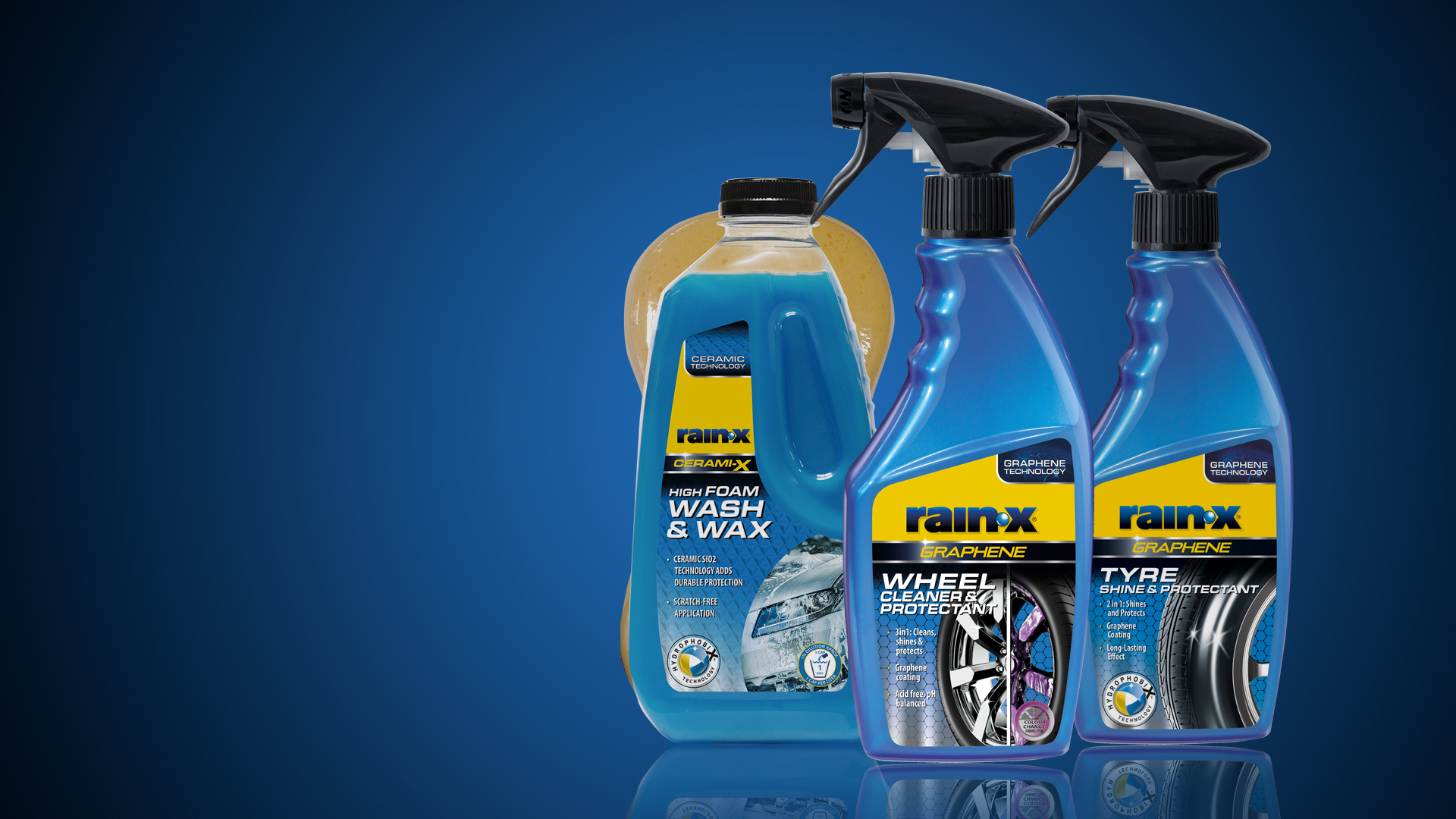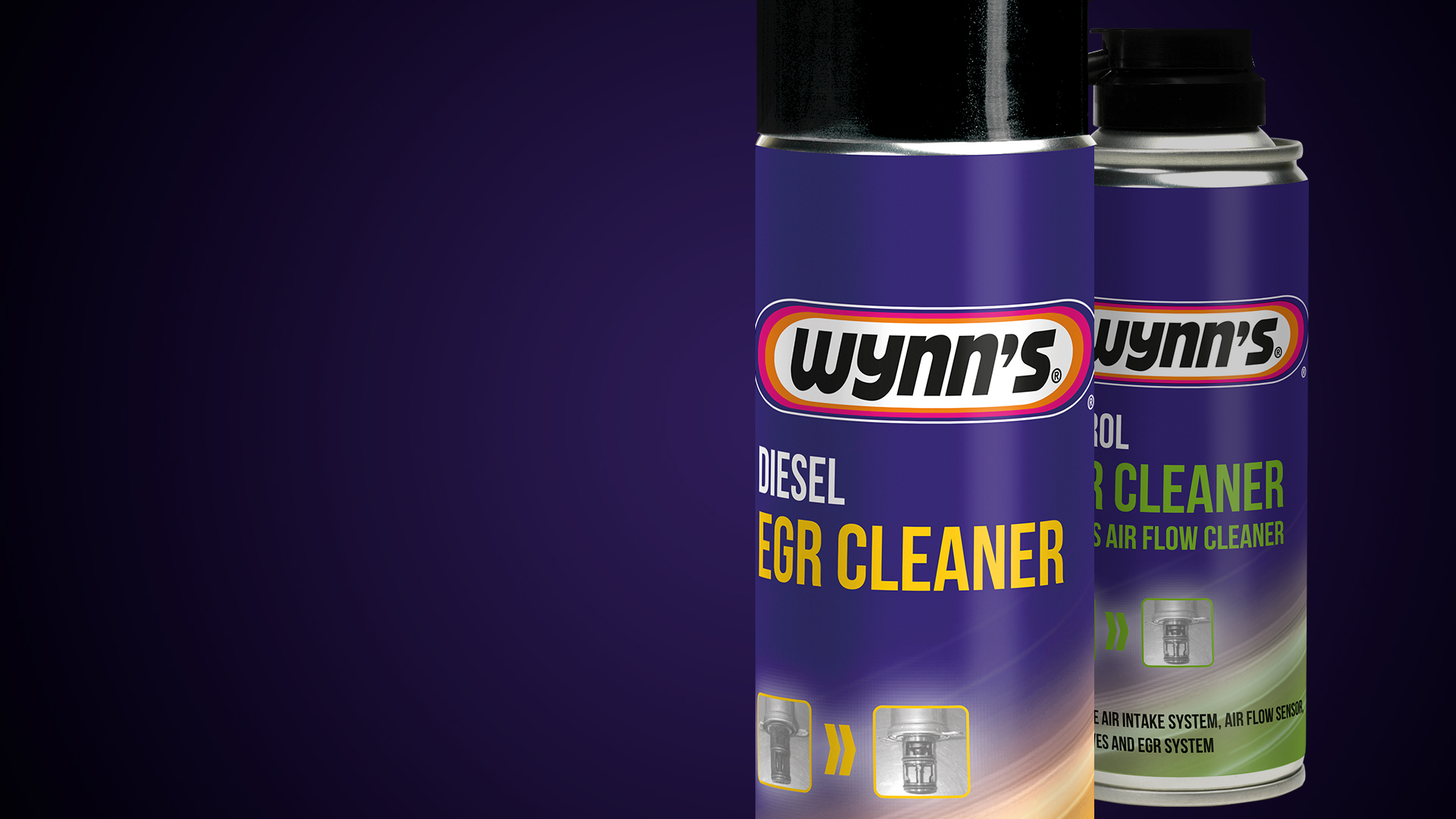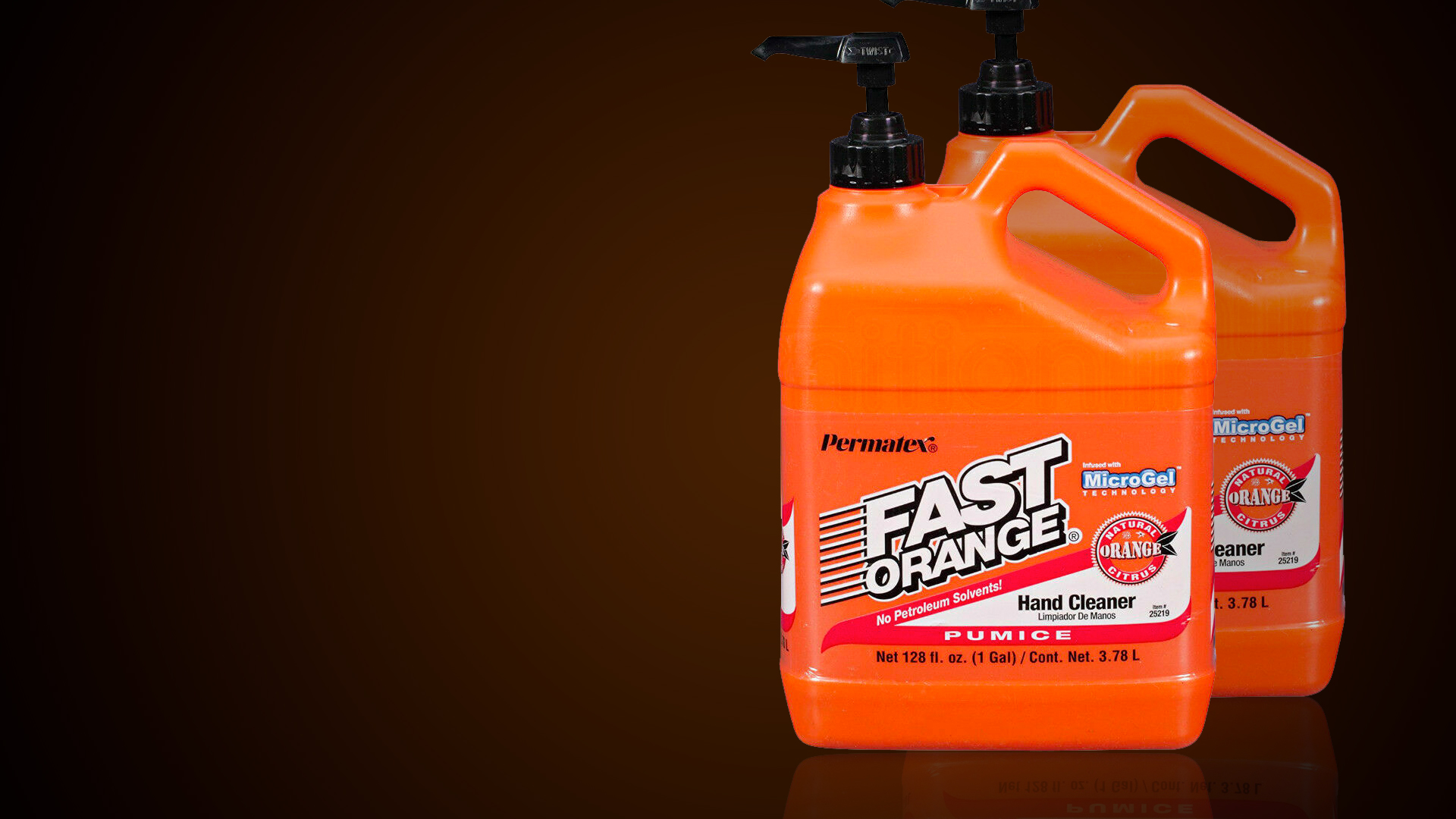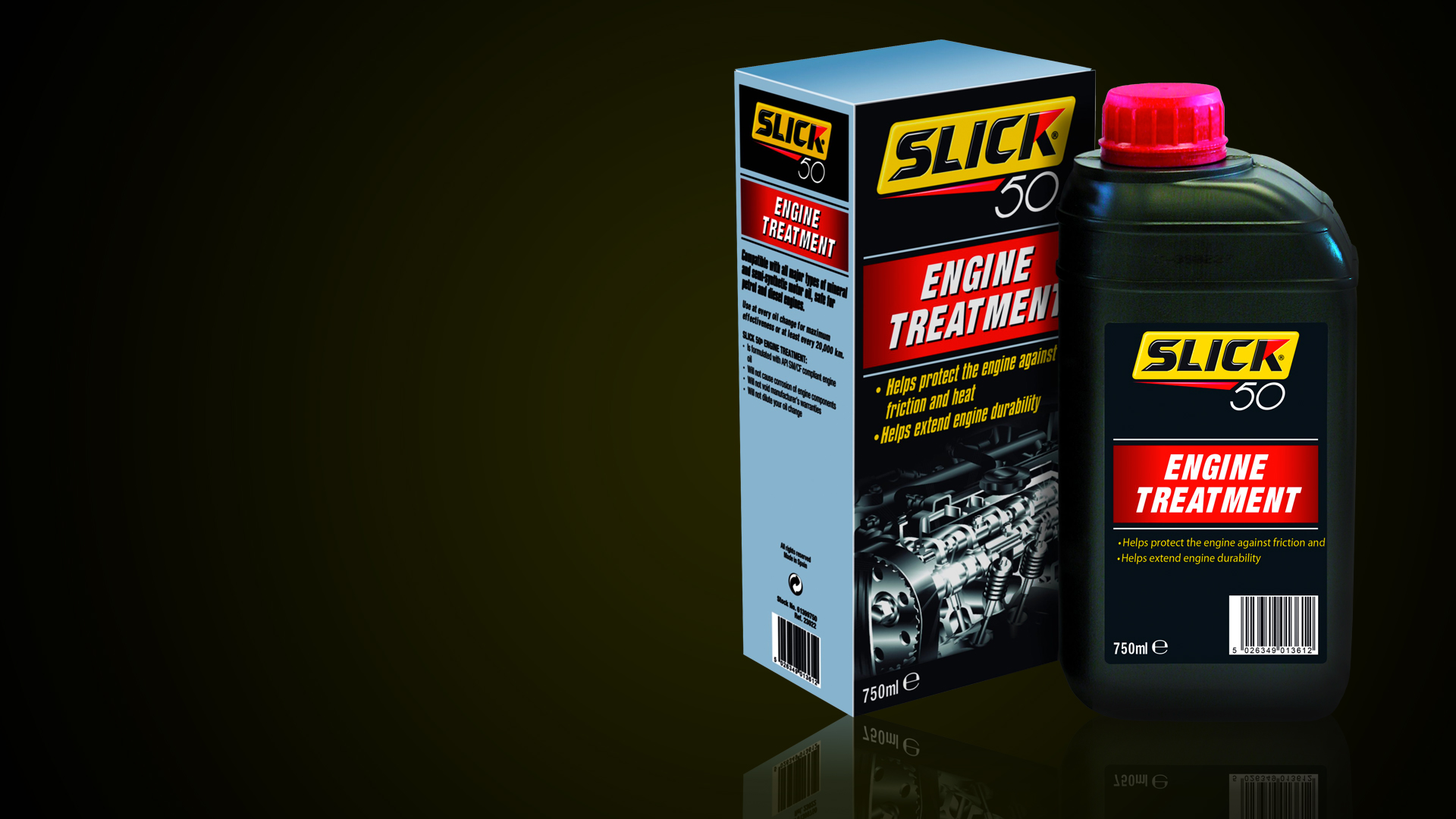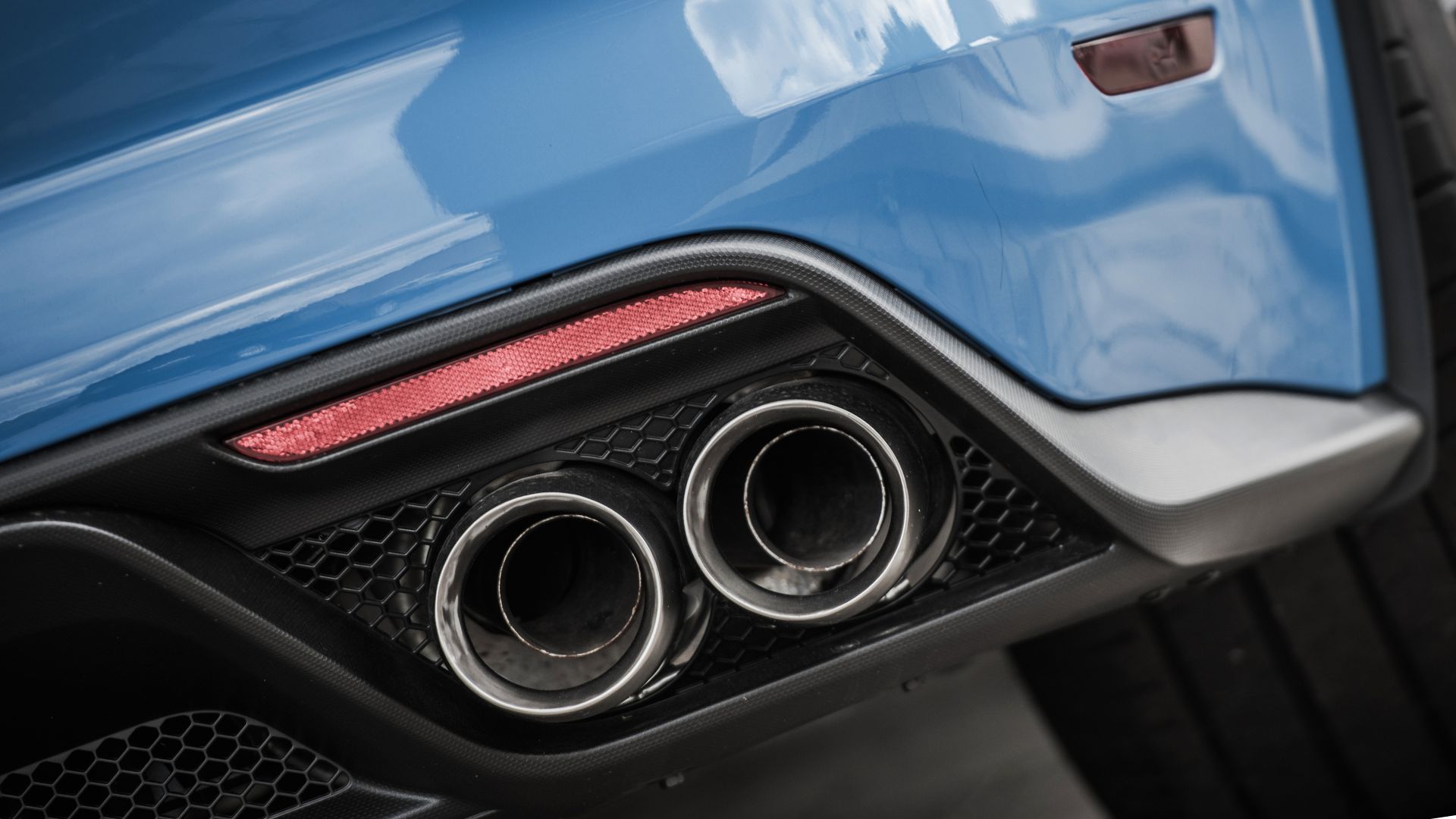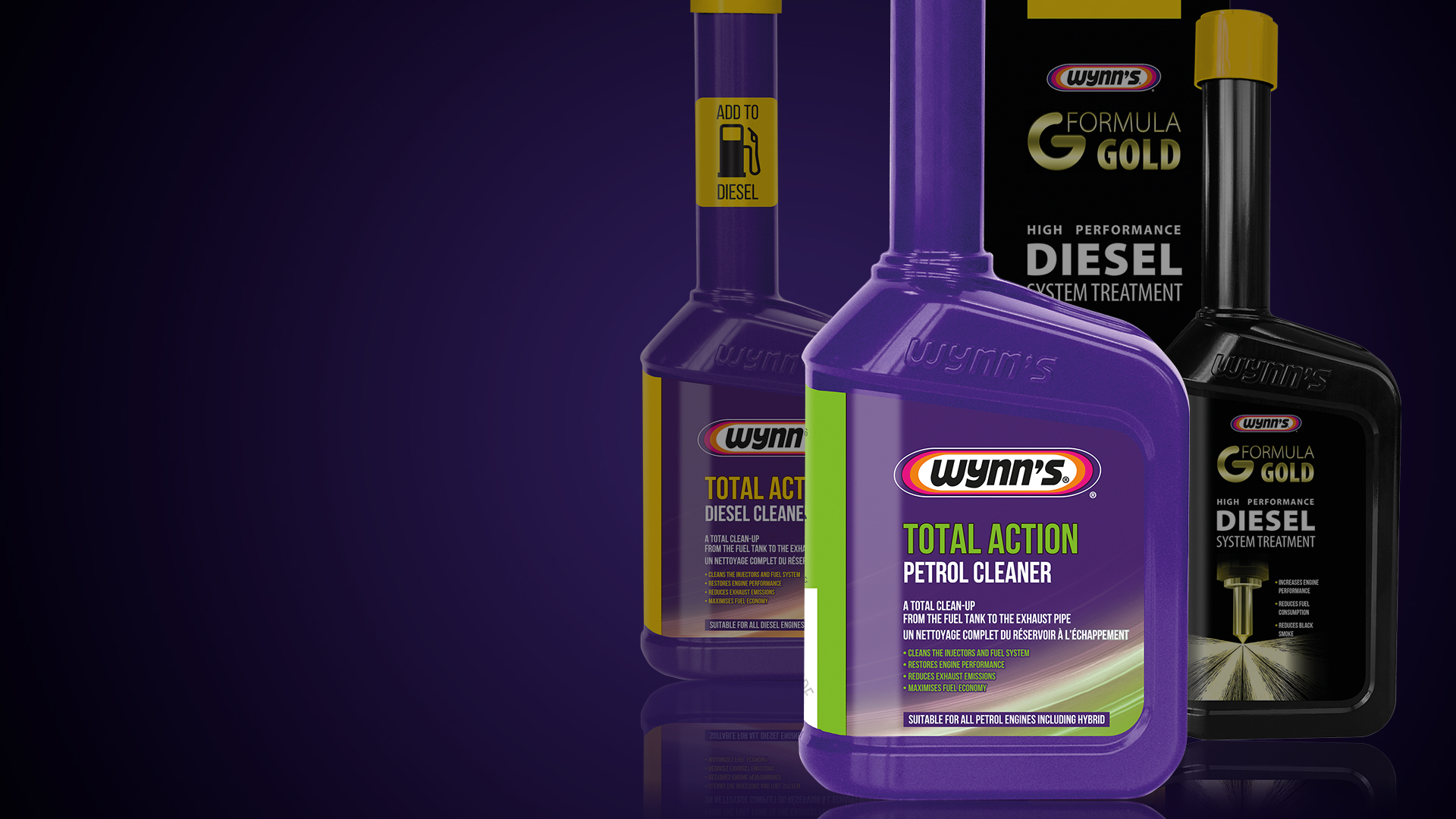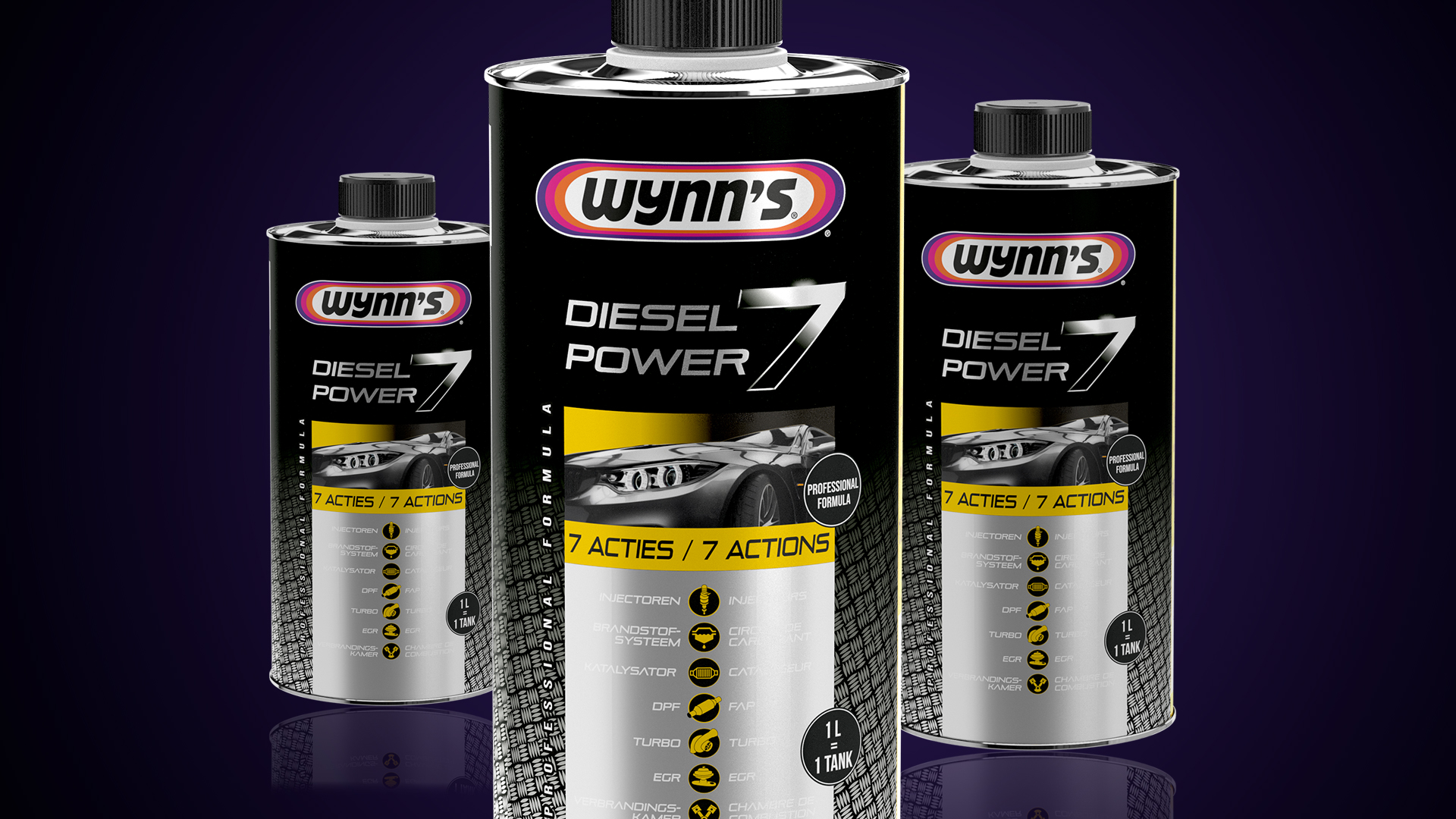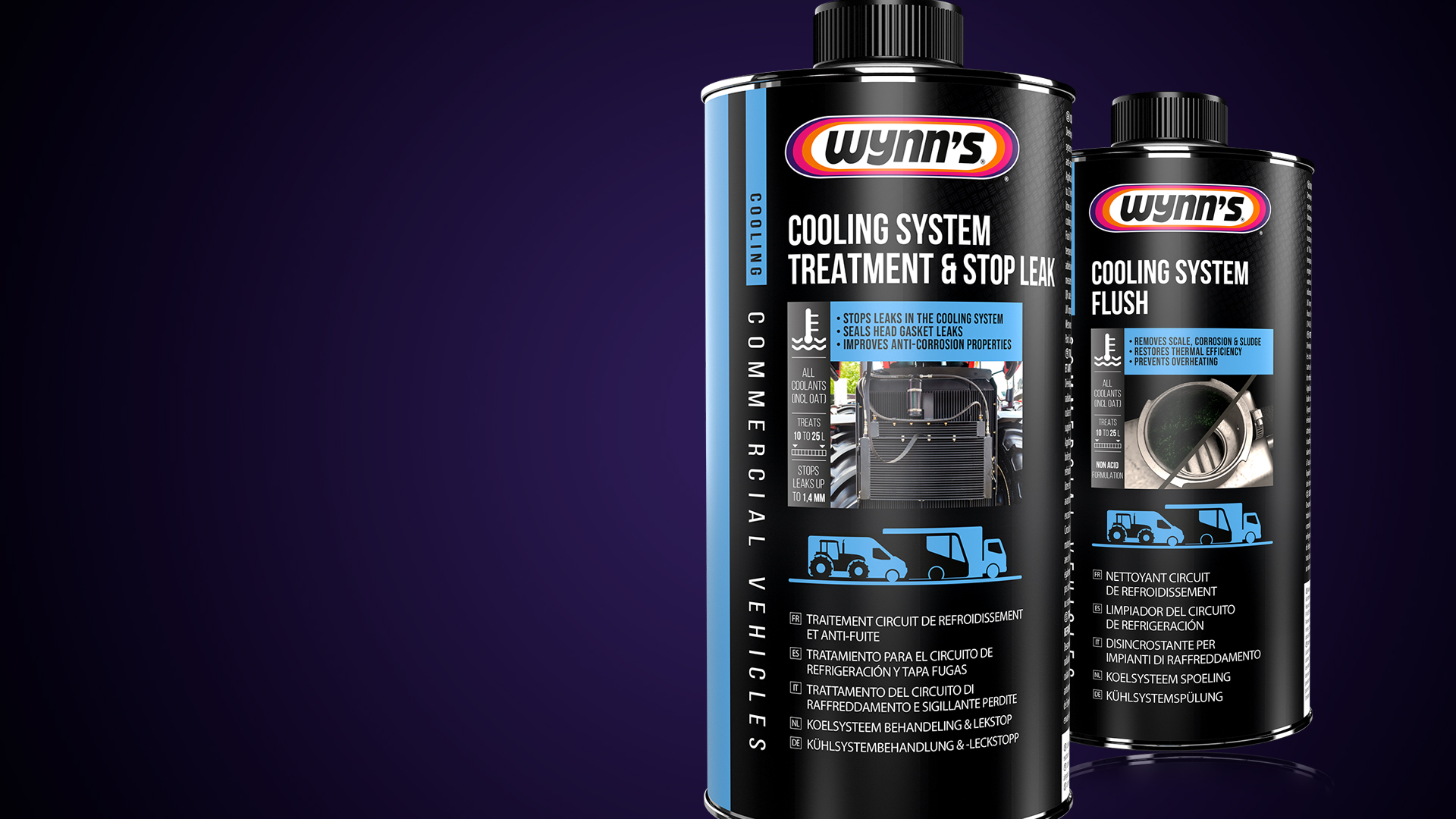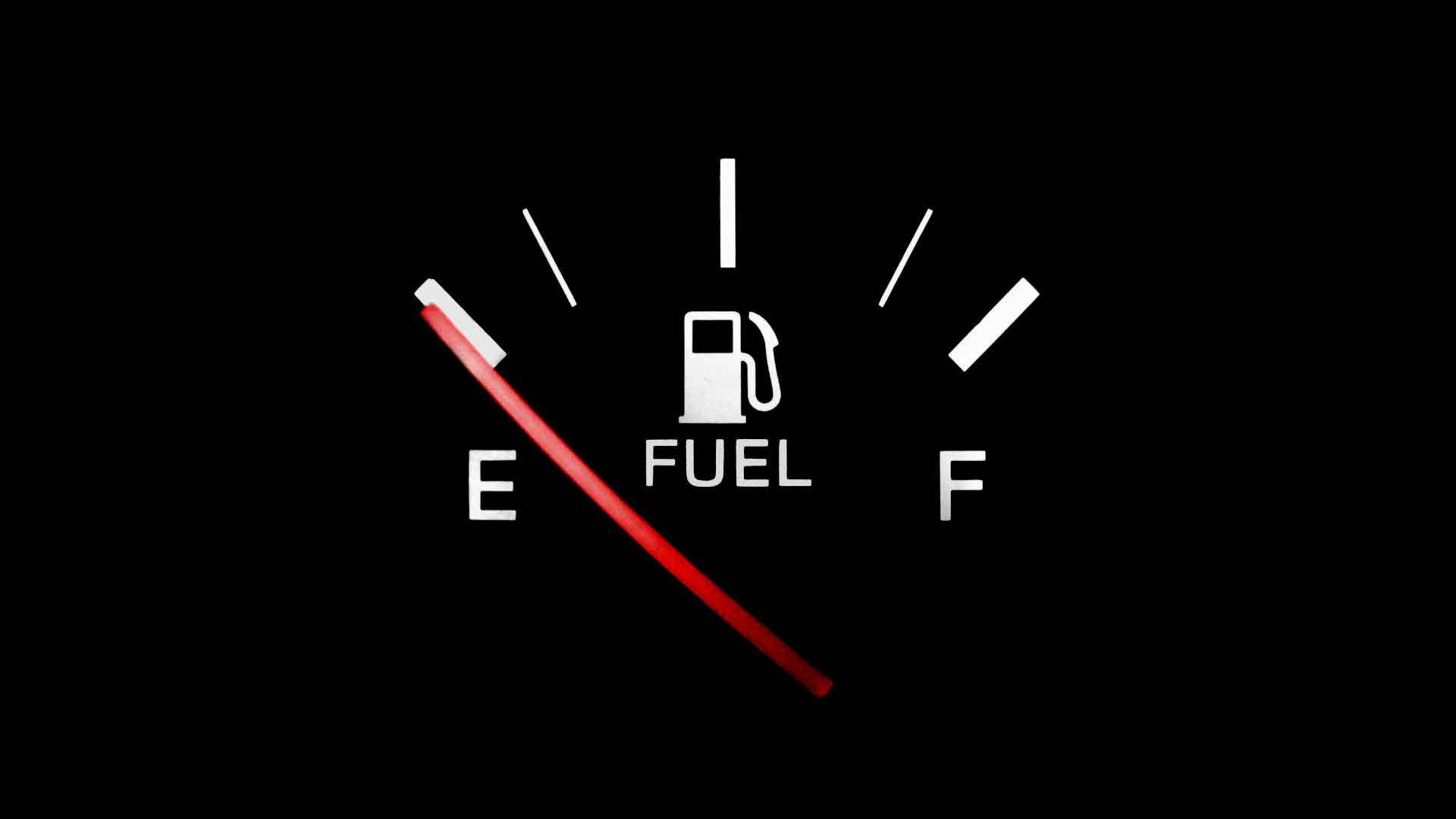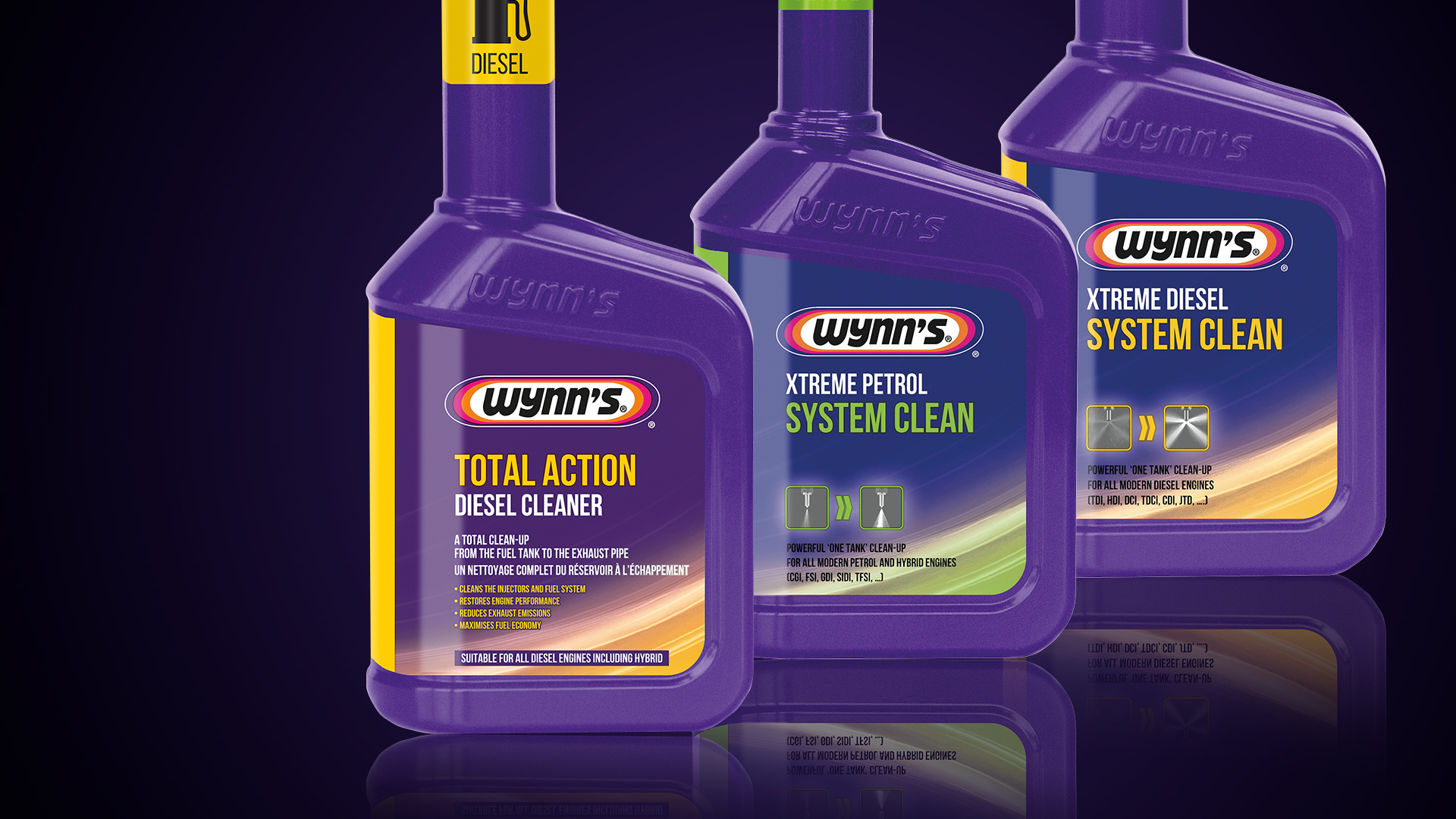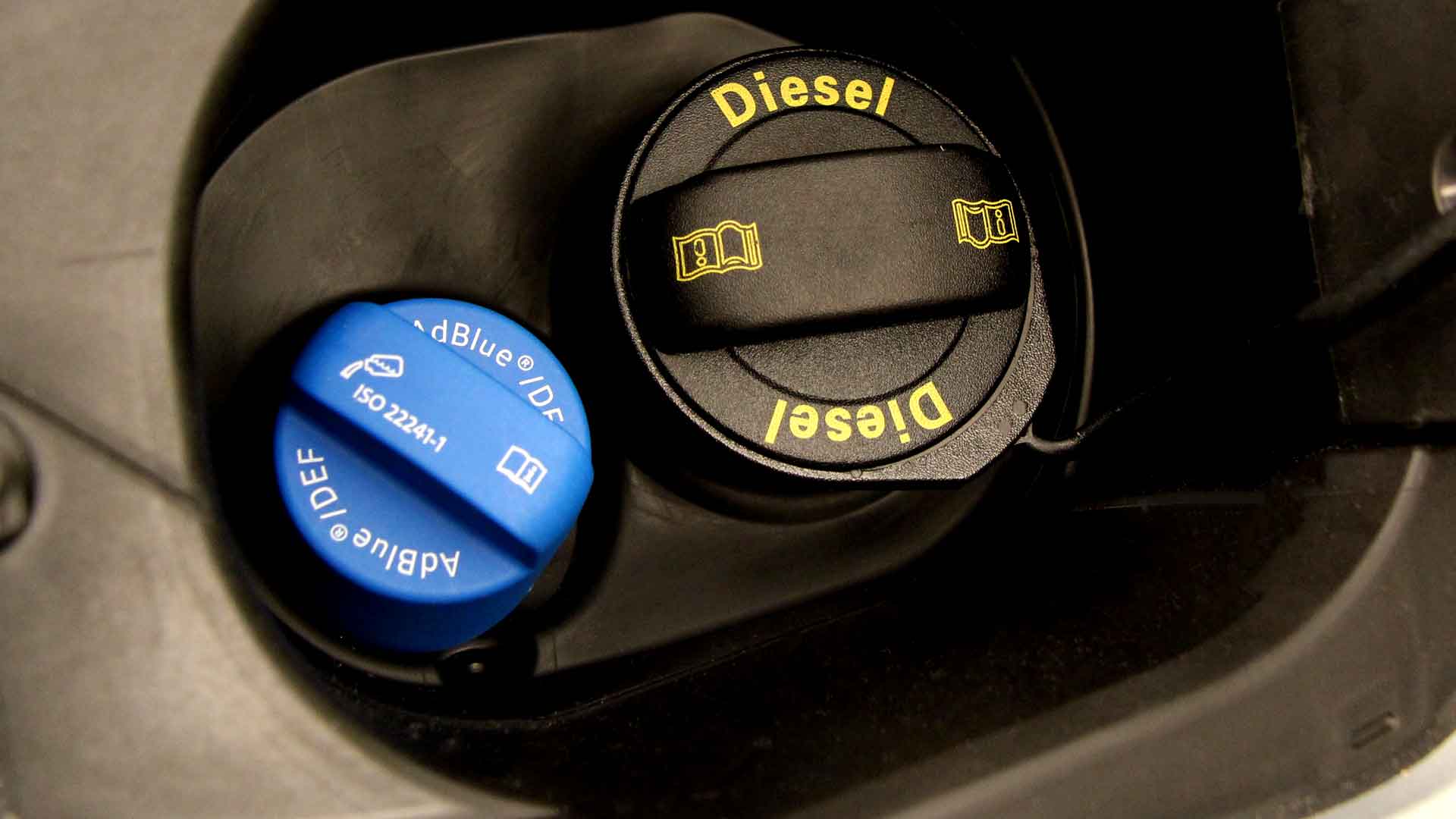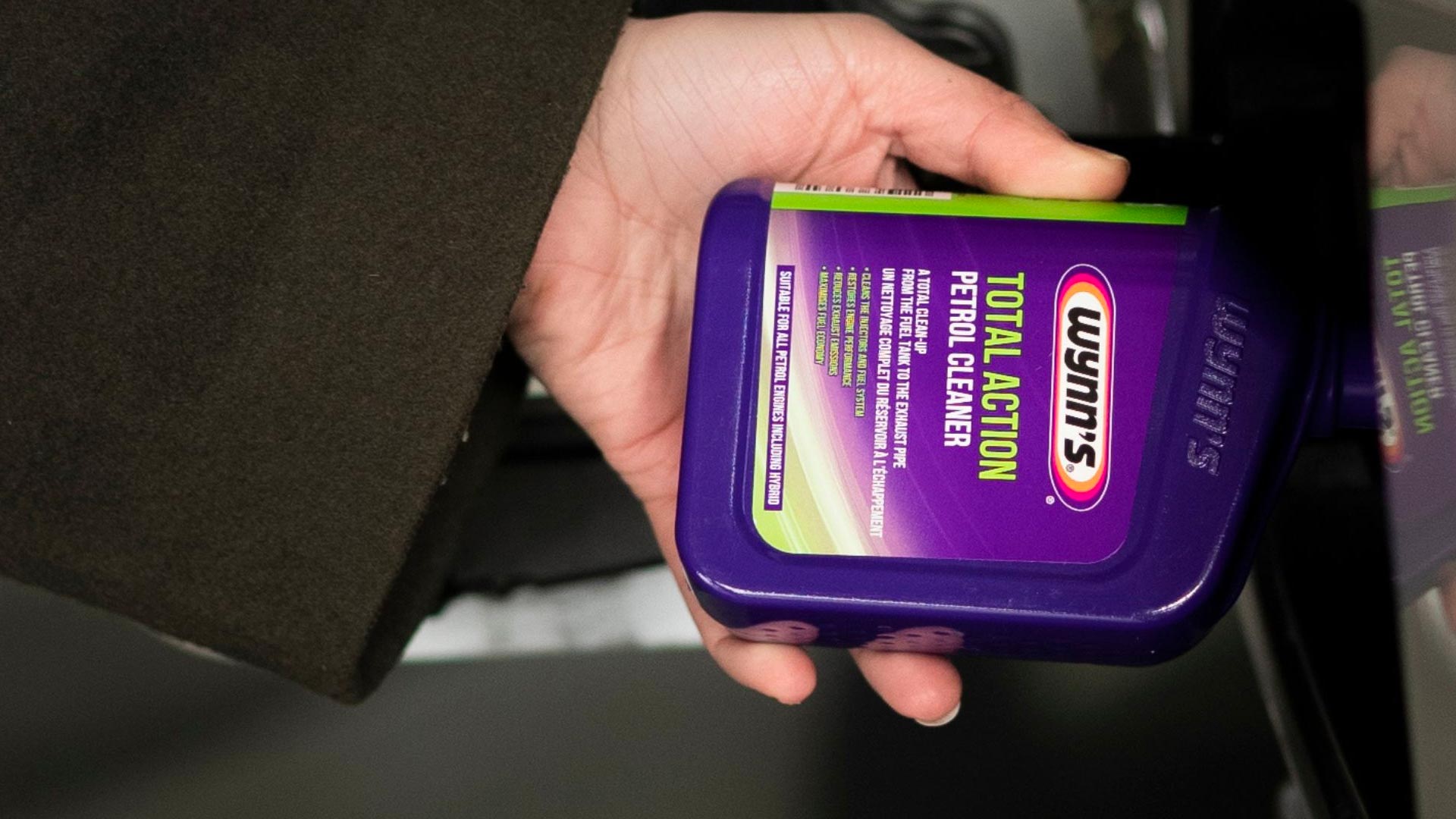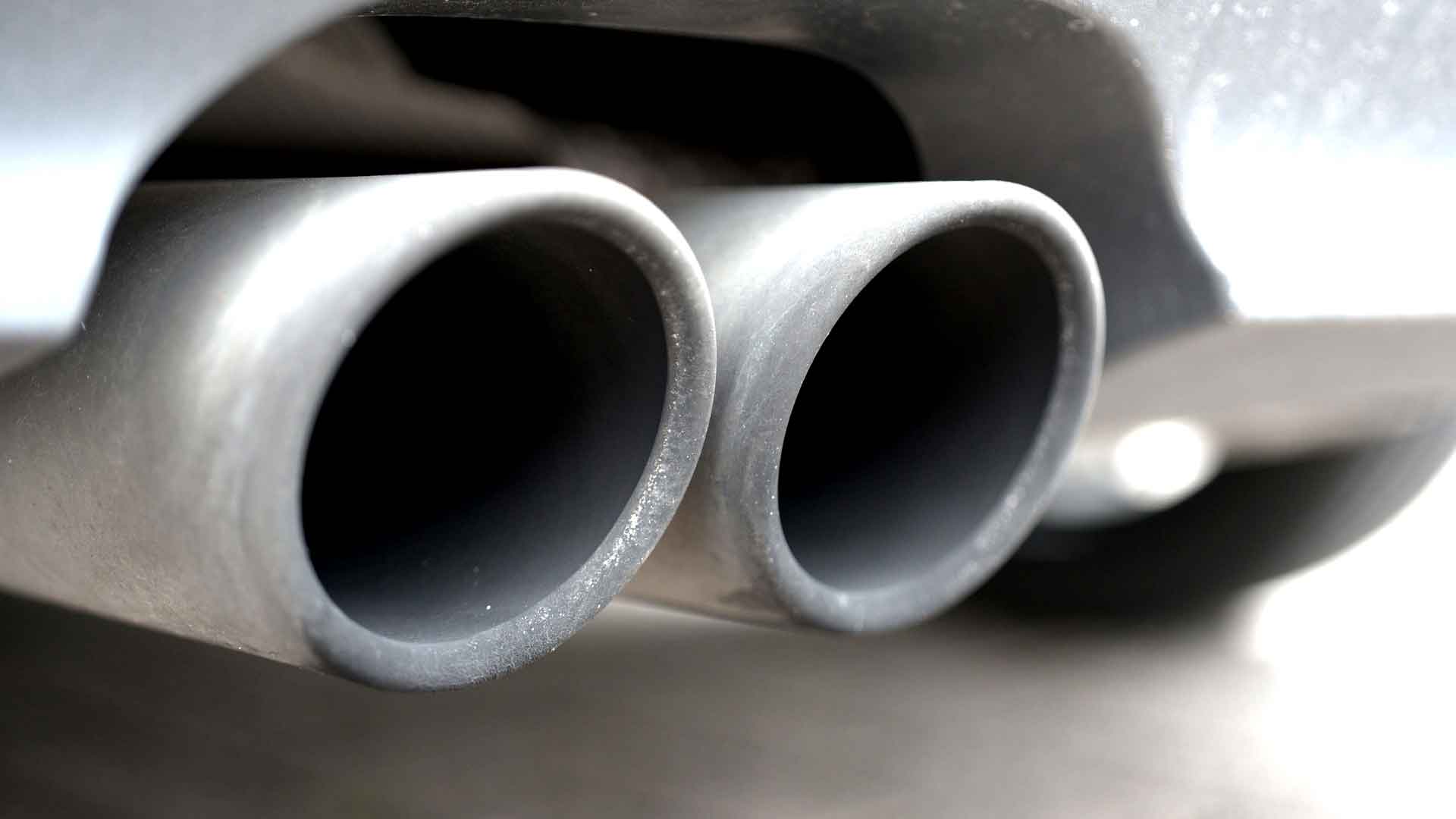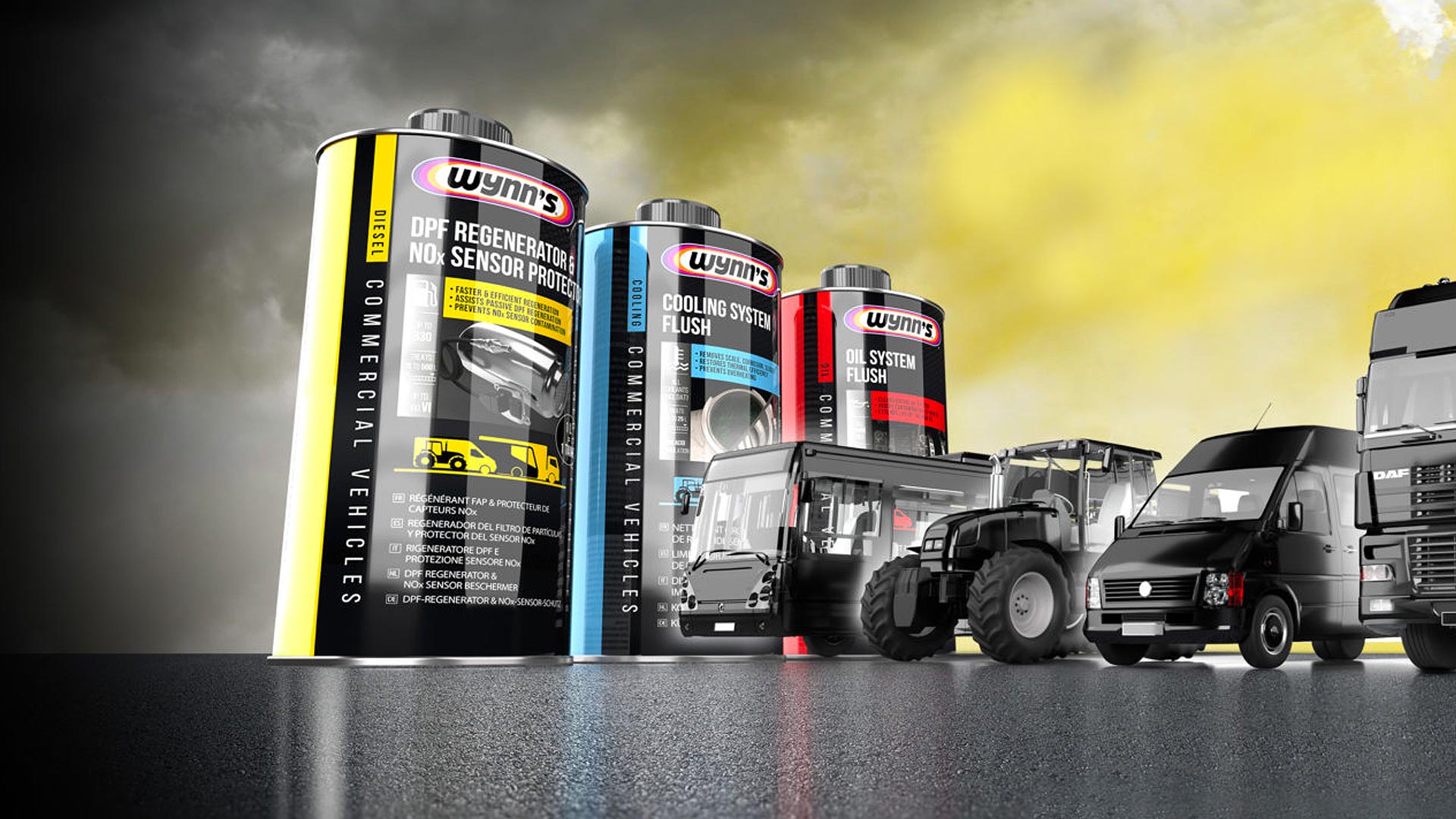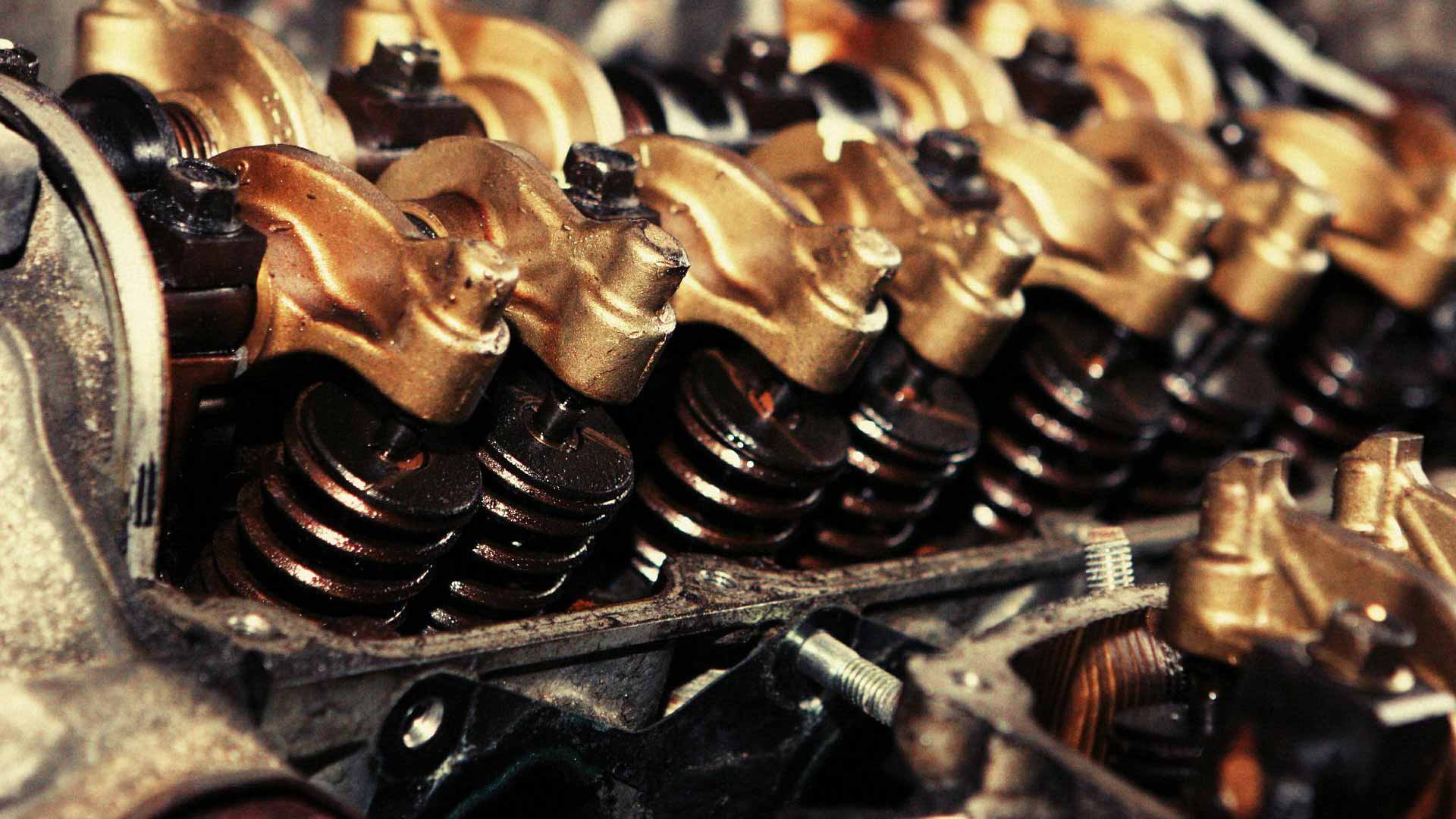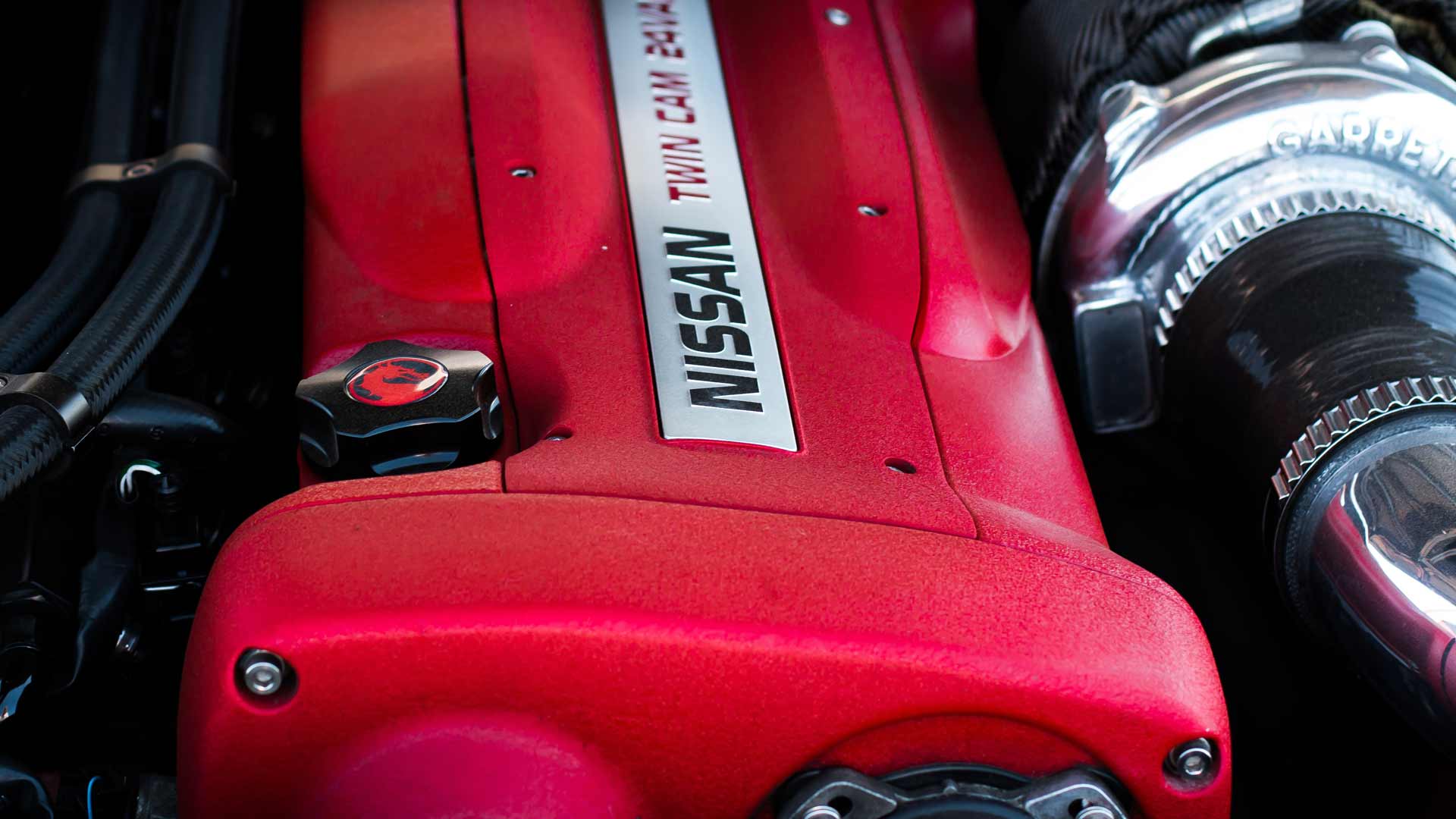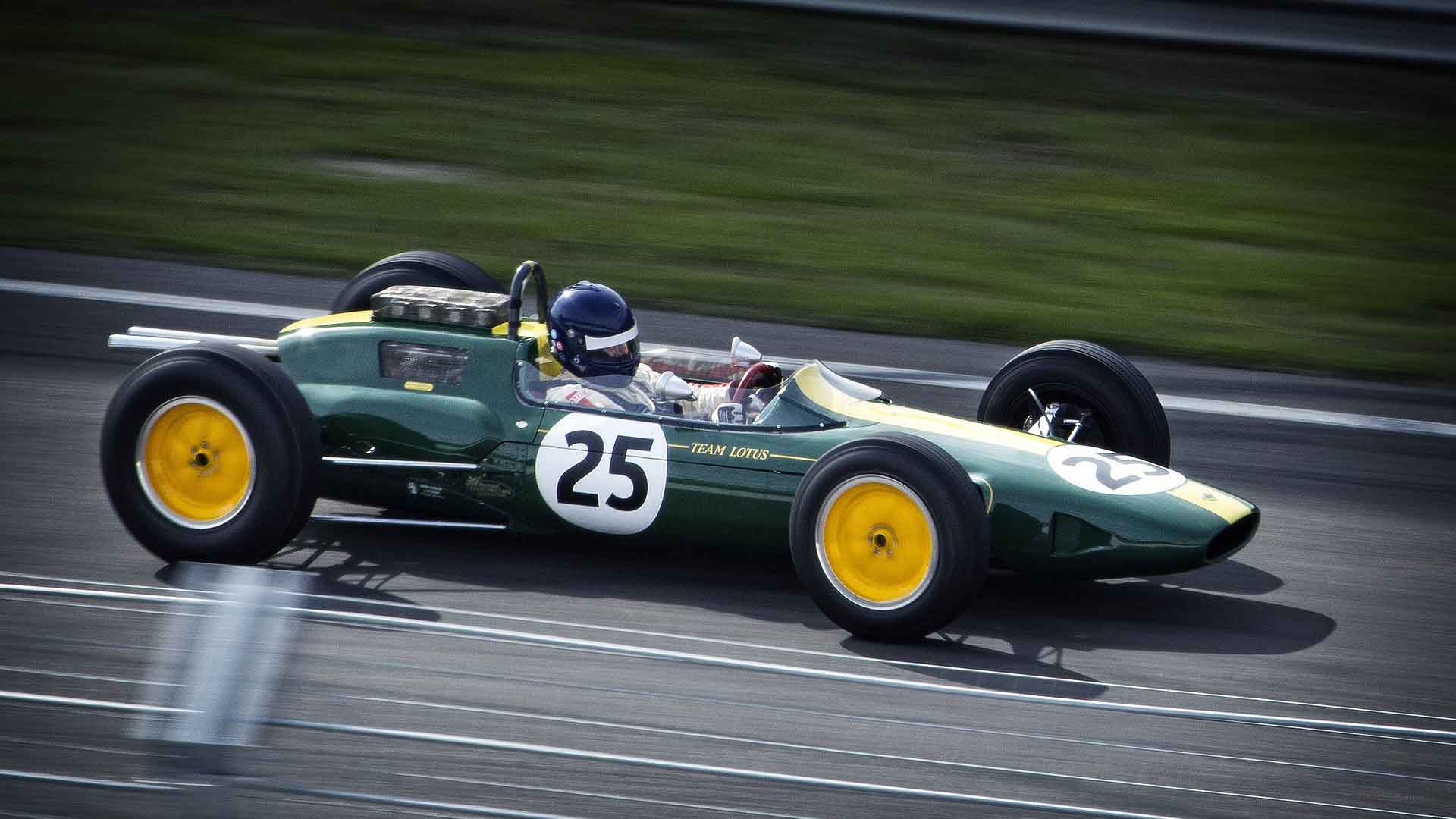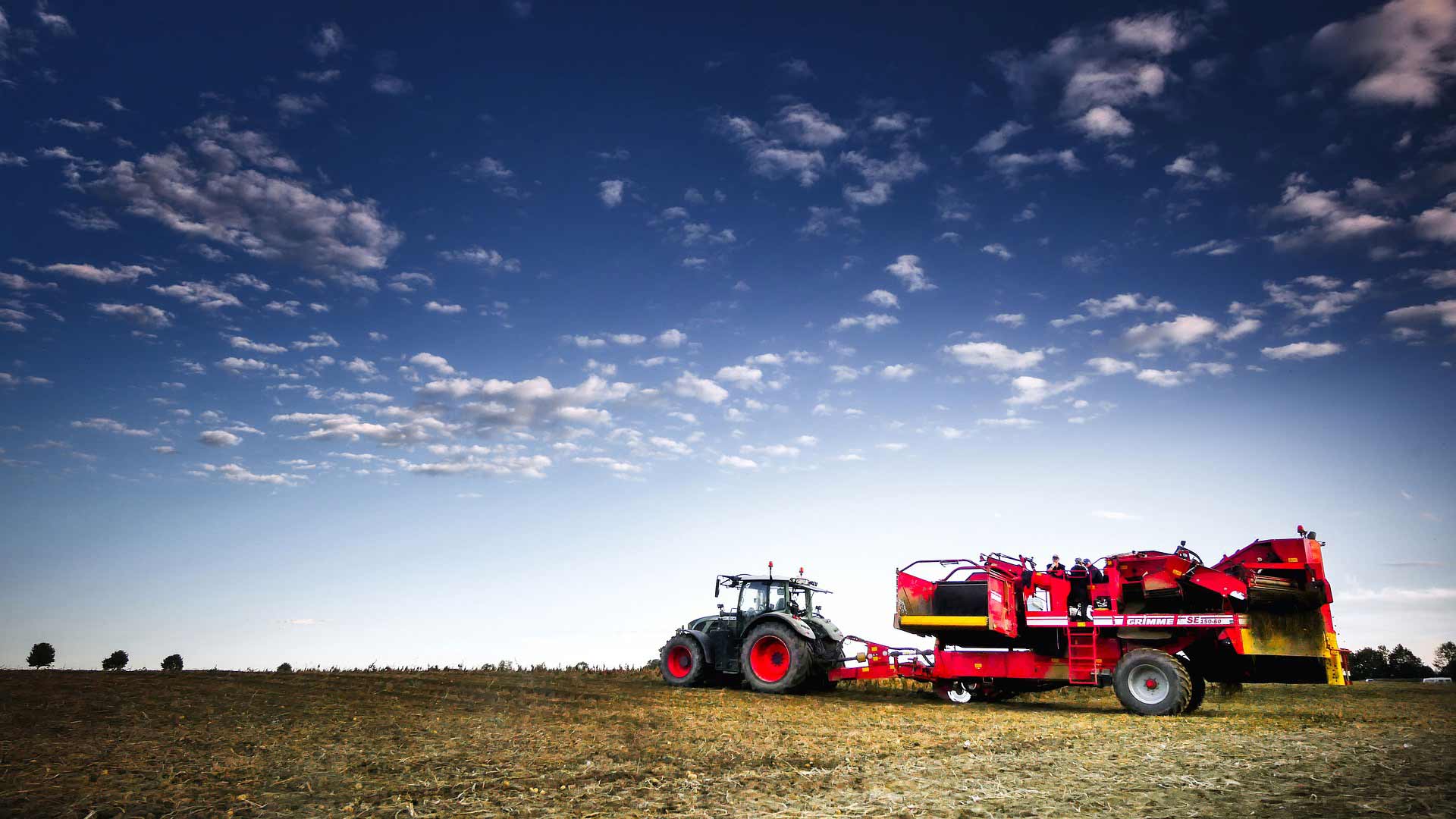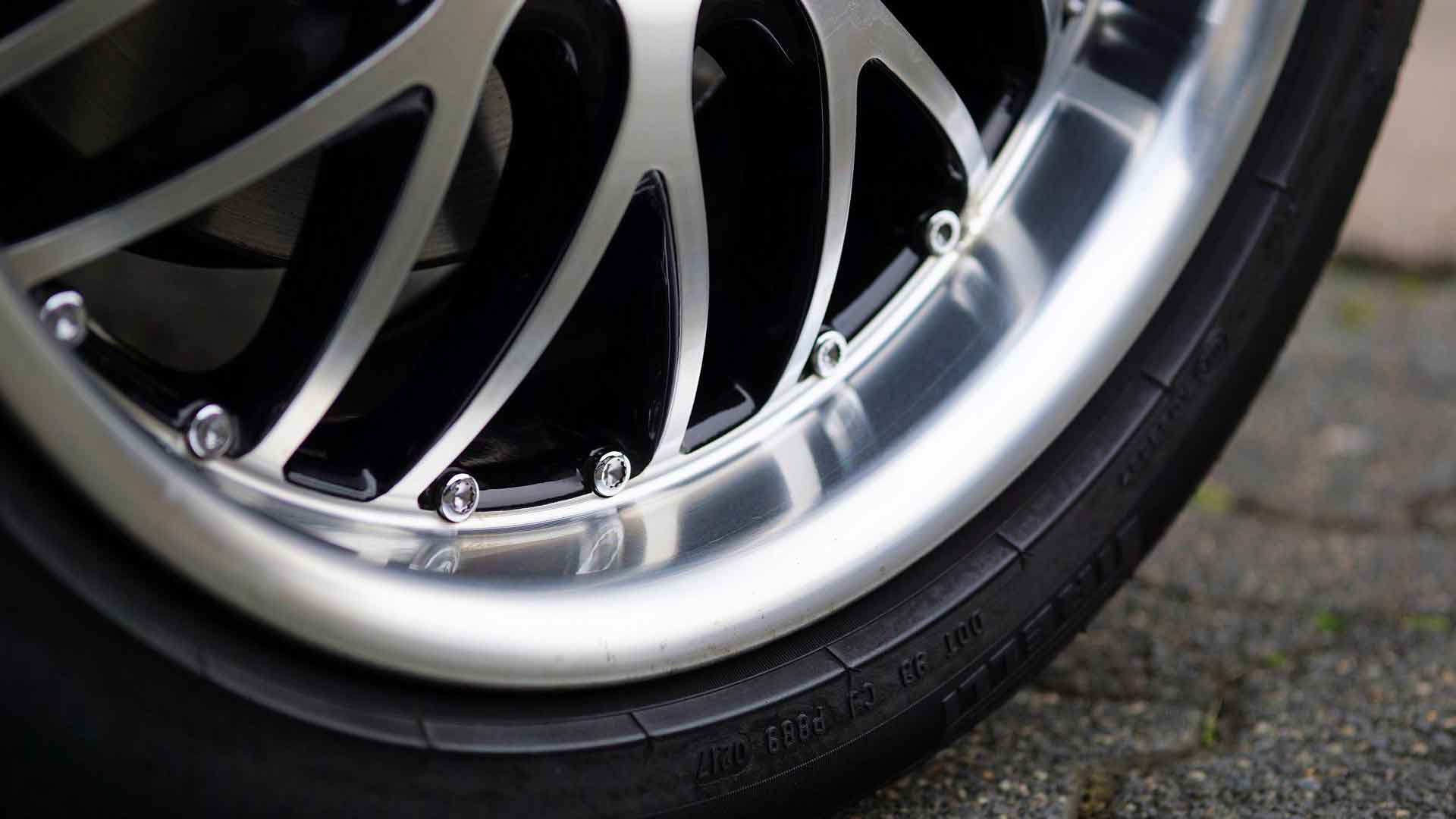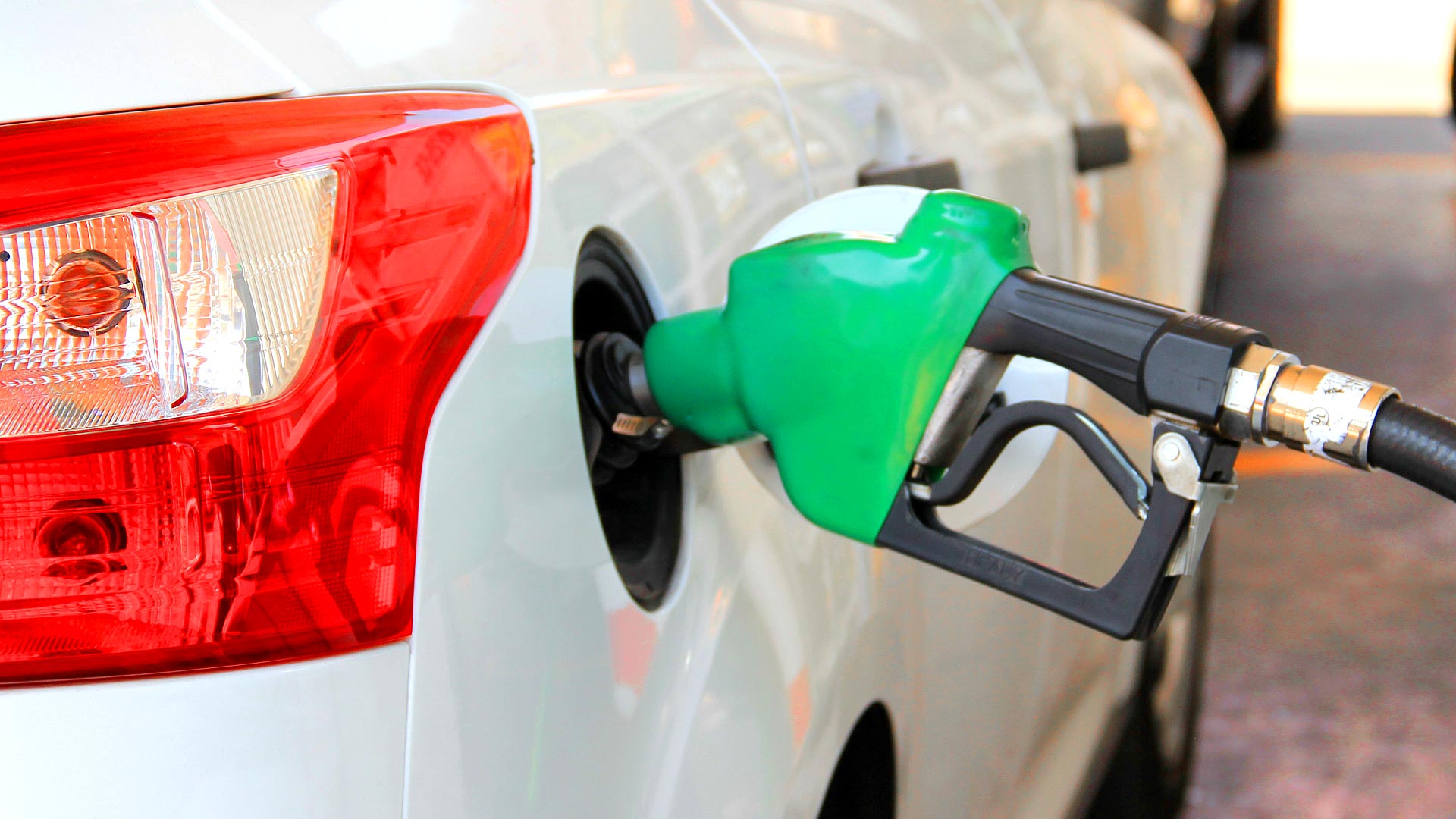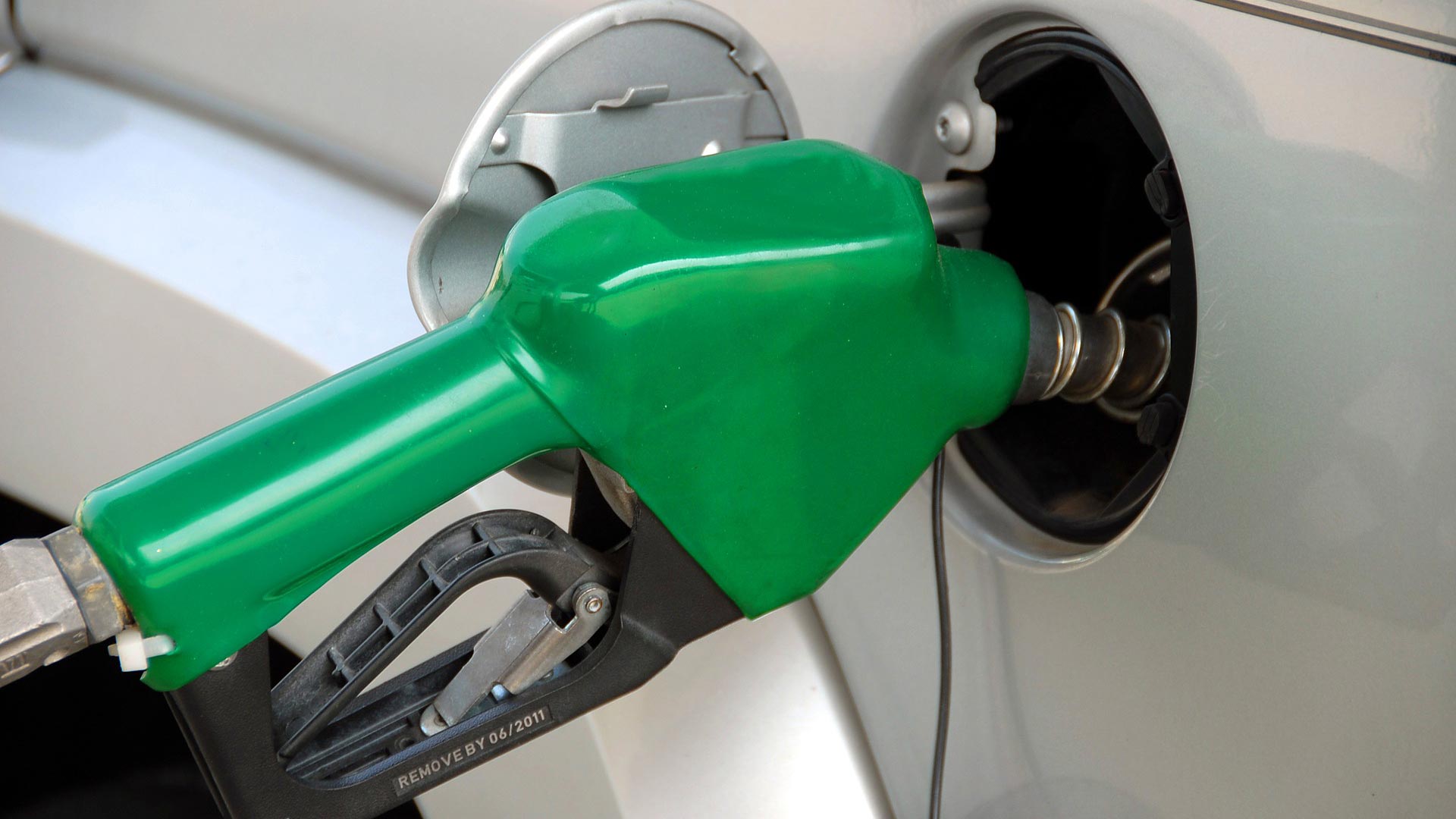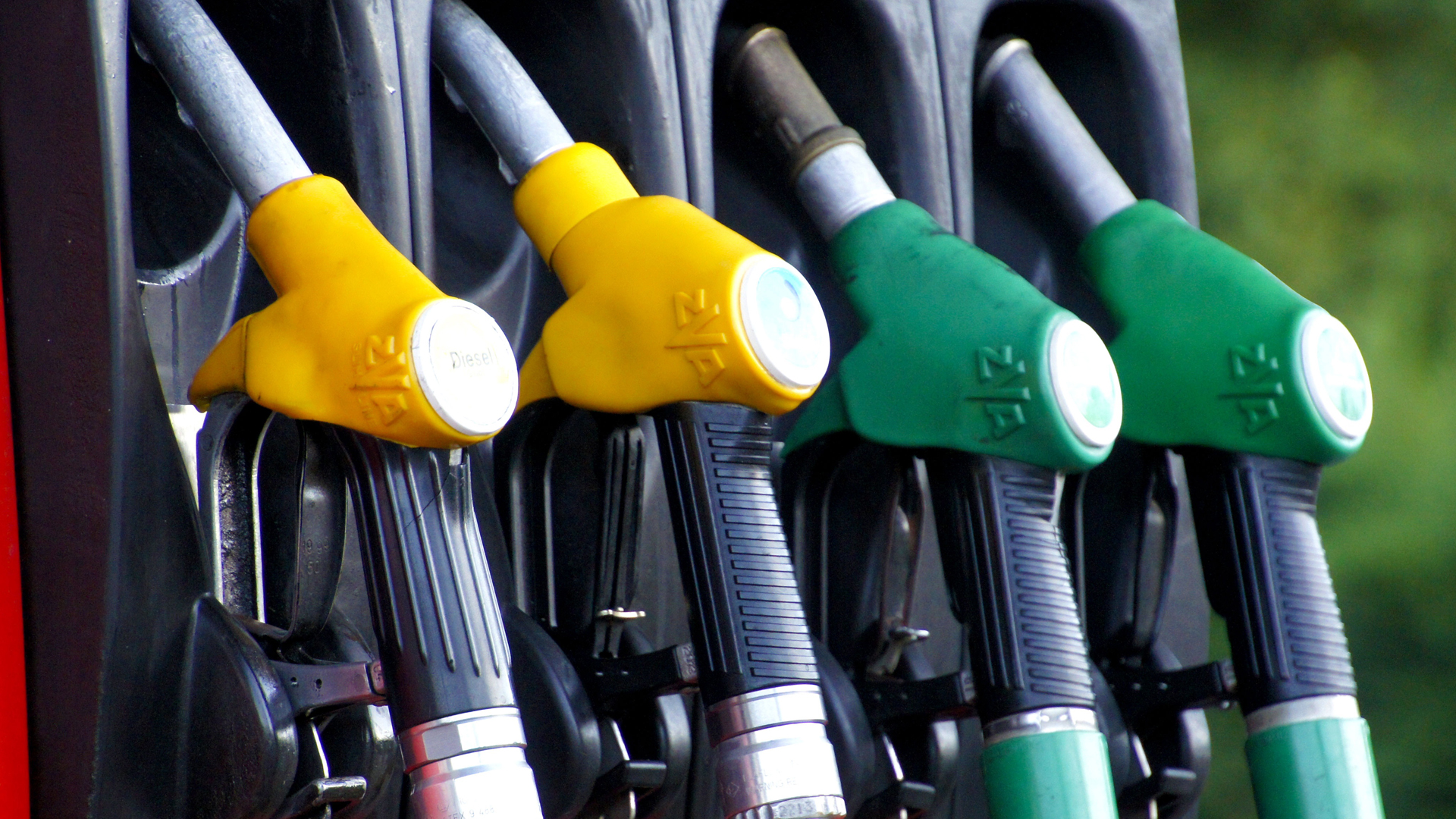So what is E10 fuel? E10 is a biofuel made up of regular unleaded fuel mixed with ethanol
The letter E stands for ethanol, and the number 10 indicates the maximum percentage of ethanol added to the fuel.
Ethanol is an alcohol-based fuel produced from the fermentation of plants, such as sugarcane and grains. Blending petrol with ethanol means fewer fossil fuels are required. This, of course, is a hot topic in the fight against climate change and the reducing the demand on fossil fuels.
The introduction of E10 petrol could cut transport CO2 emissions by 750,000 tonnes a year – the equivalent of taking 350,000 cars off the road.
E10 is not compatible with all vehicles
It is estimated that around 600,000 cars on the road are not compatible with E10 fuel. Drivers should check if their vehicle manufacturer recommends it.
Even if a car is suitable for using E10, we call for caution, as ethanol is hygroscopic, which absorbs moisture from the air. Moisture increases engine deposits and affects drivability, which leads to corrosion and, eventually, component failure.
Using E10 petrol can also affect fuel economy, and it is reported that drivers may experience around a 1-3% reduction.
New: Wynn’s Specialist E10 Protector. Making E10 petrol safe for all petrol engines
Wynn’s Specialist E10 Protector is specifically developed to prevent problems of corrosion in the fuel system when using E10. It offers motorists an economical solution to eliminate the risk of engine damage caused by E10.
- Makes E10 safe for petrol engines
- Protects the fuel system against the harmful effects of E10
- Reduces the risk of expensive engine damage caused by E10
- Protects fuel system components against corrosion
- Lubricates the entire fuel system, including seals and gaskets
- Reduces friction and wear of fuel system components
- Harmless for catalytic converters
